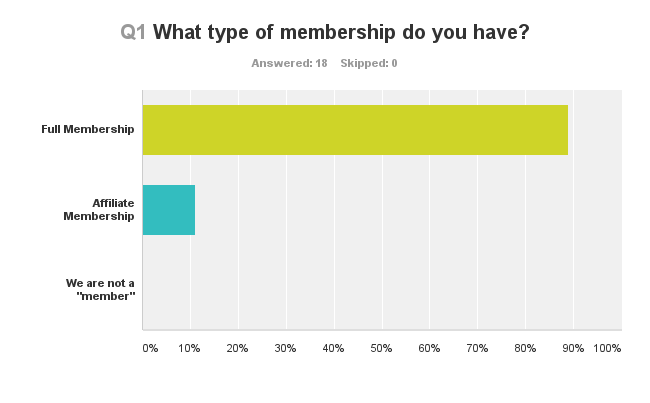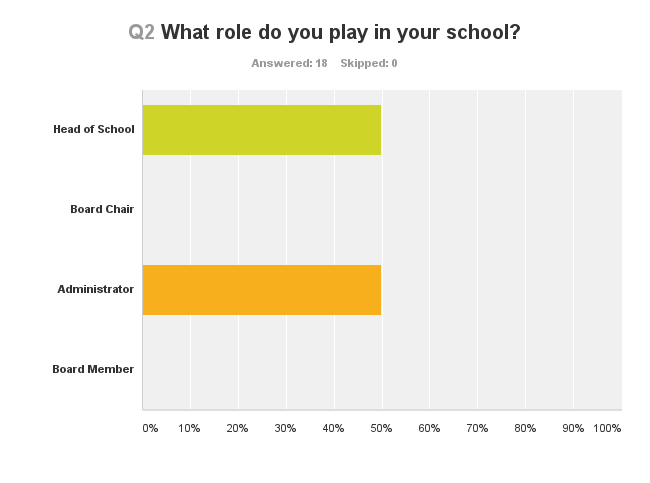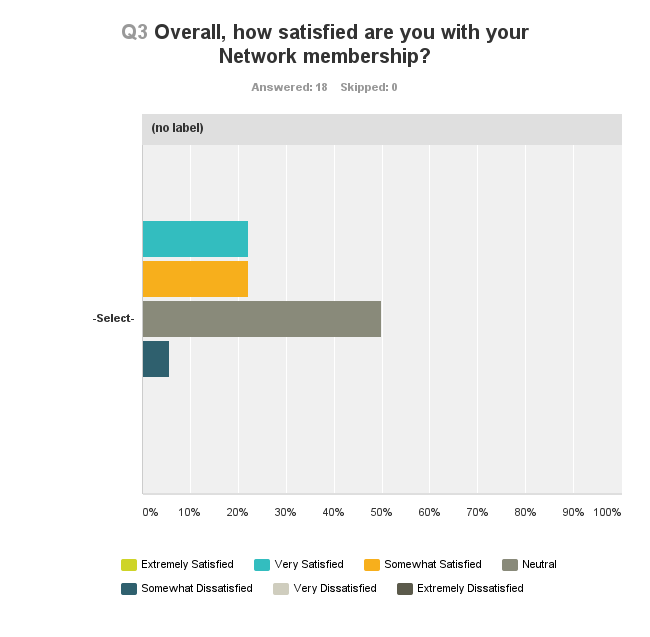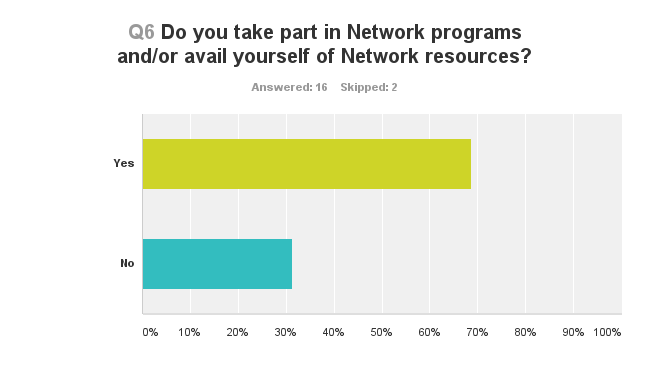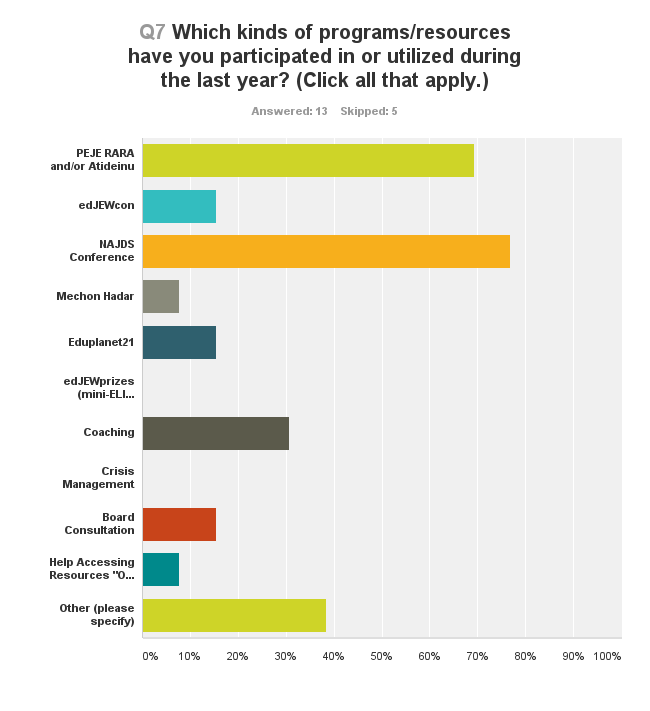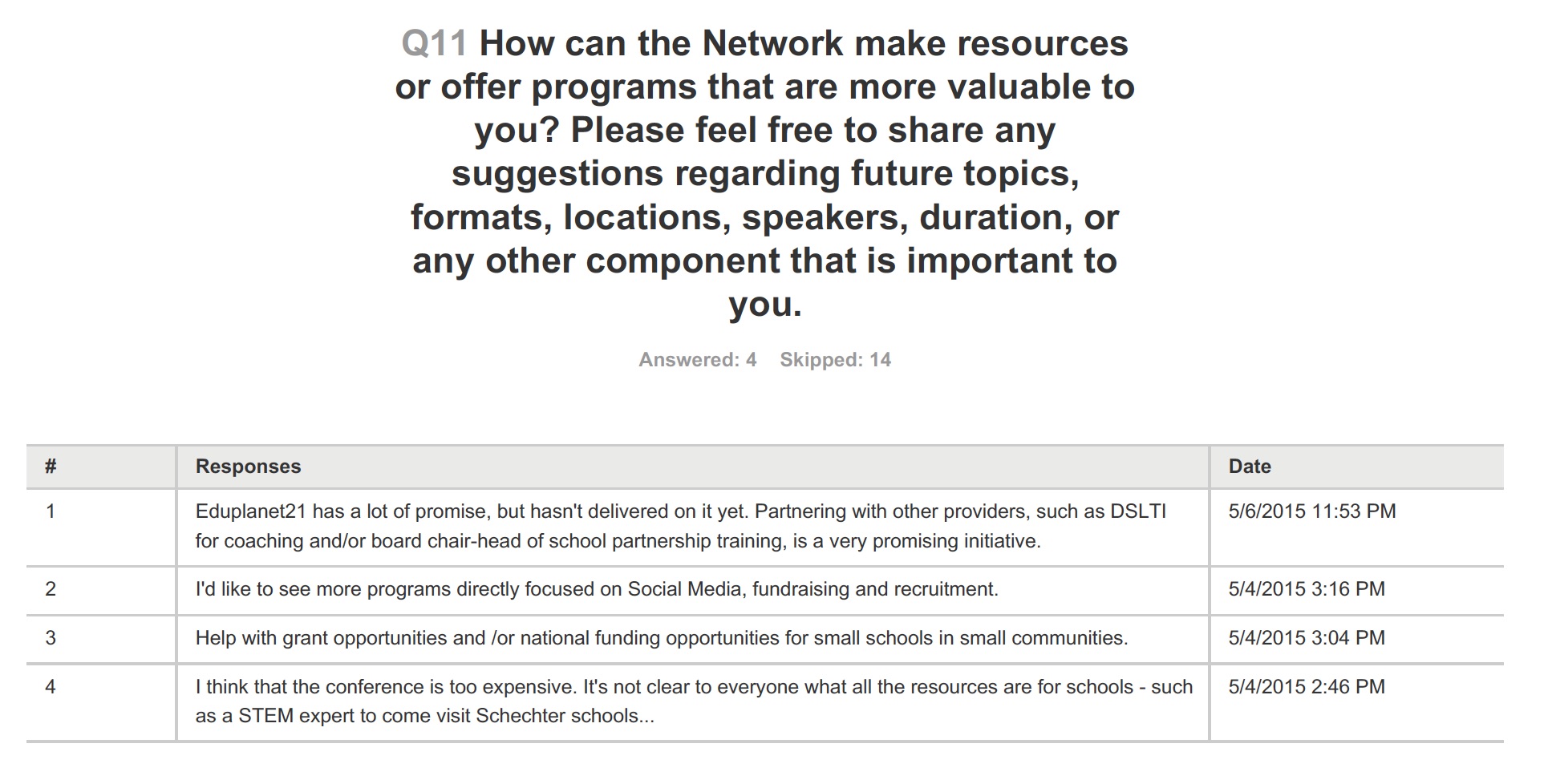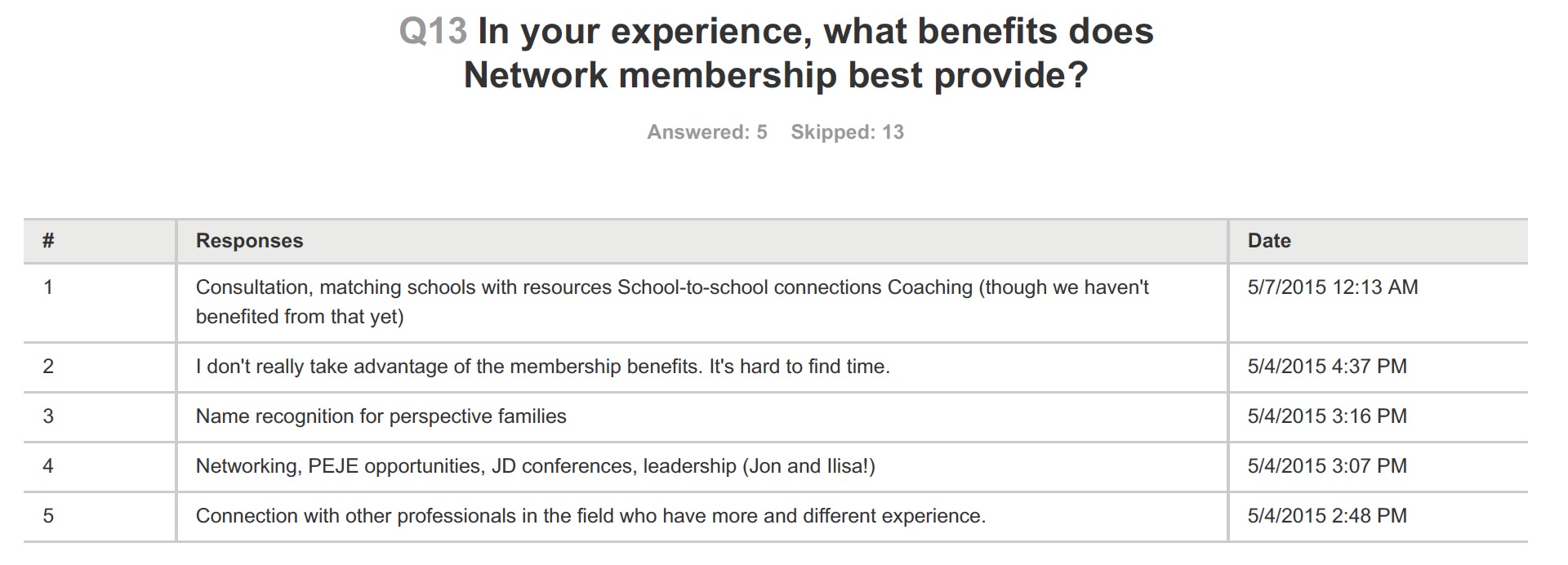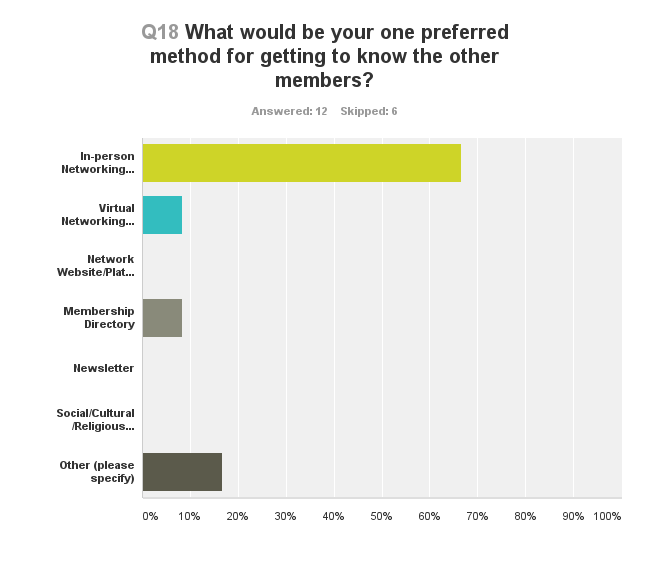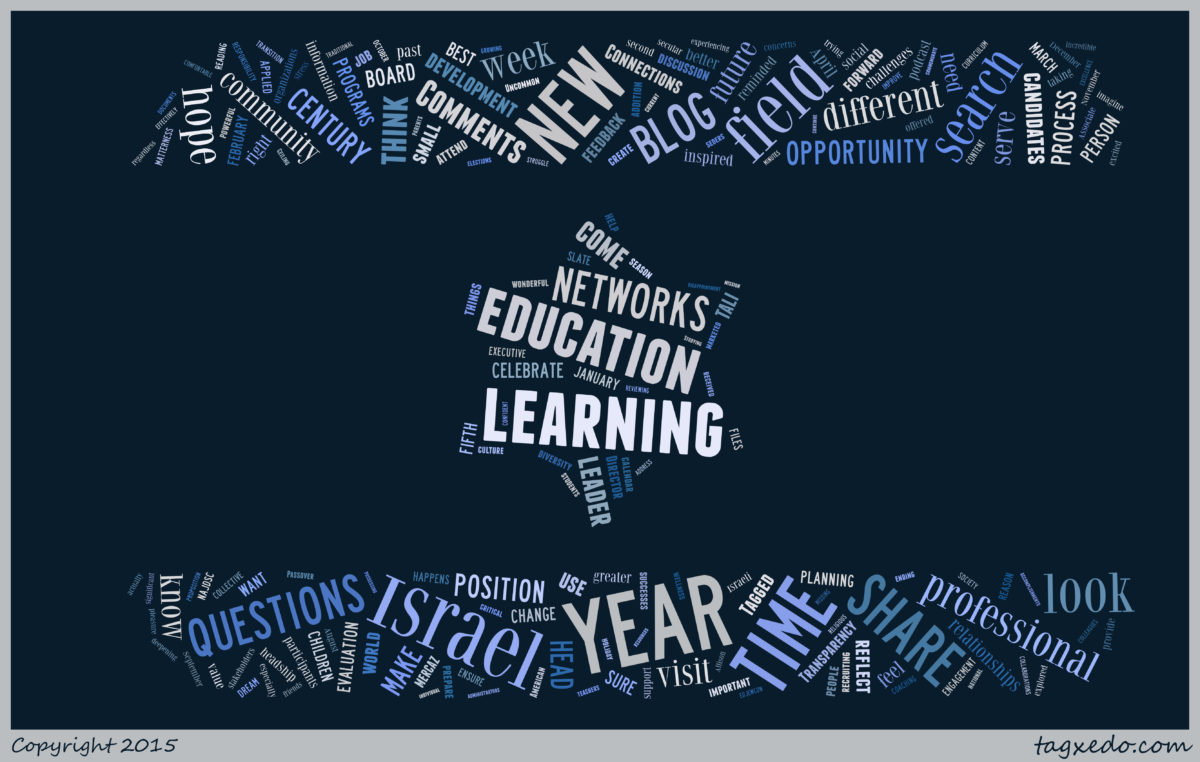As promised, we held a Town Hall on Thursday, April 26th to share back the results of our investigations, thus far; to discuss what we currently believe to be true; and to sketch out next steps. We were pleased by the turnout and with the candor and seriousness of the conversation (see more below). We would be happy to share out the entire slide deck from the town hall so that folks who were unable to attend can be in the know. Please feel free to email me (j.mitzmacher@theojcs.ca) with your request. What I would like to do here is walk you through the highlights and offer you the chance to add your voice to the conversation by commenting below.
A few caveats as prologue…
The spirit of this conversation is one of “transparency” – a value we have discussed in depth in prior posts.
You can read an earlier post about why this is a pressing issue for our school.
Let’s restate the fundamental issue…
Unlike the work we do in secular education (which is also going through revisiting and re-clarifying), there is no external set of benchmarks and standards that we are required to follow.
There are no universally adopted textbooks or curricular materials shared by all Jewish day schools (or even by traditional groupings of Jewish day schools). We have to translate our school’s mission-vision-philosophy into self-created (or borrowed) academic benchmarks and standards.
We have to build a schedule around those outcomes. We have to choose curricula based on what we believe to be true about teaching and learning.
There are also no norms for Community Day Schools on how to meet the needs of a diverse Jewish population. If there was a “best model” out there for a school of our size with a population such as ours…we would be happy to borrow it!
What does Jewish Studies currently look like at OJCS?
- K: 10/40 Periods in Hebrew
- 1-3: 5/40 Periods in Hebrew & 8/40 Periods in Jewish Studies
- 4-5: Core: 5/40 Periods in Hebrew & 8/40 Periods in Jewish Studies (w/English as the language of instruction; Extended: 13/40 Periods in Jewish Studies (w/Hebrew as the language of instruction.)
- 6-8: 5/40 Periods in Hebrew & 8/40 Periods in Jewish Studies
What kinds of data collection are we doing to better understand the issues?
- Grade 9 Alumni Surveys
- Grade 12 Alumni Surveys
- Annual Parent Surveys
- Conversation with Synagogue Partners
- Anecdotal Testimonials
- Exit Interviews (pending)
What have we learned thus far?
We know that the questions we have historically asked don’t give us much data on answering the hard questions. Two difficult truths we have to acknowledge about the recent history of our school:
- Most graduating students don’t speak fluent Hebrew.
- Our children are not entirely well-prepared for B’nai Mitzvah (regardless of denomination).
For many of the parents who shared critical feedback, these were the issues most flagged as being of concern.
What couldn’t wait for process?
We felt that some things simply couldn’t wait for the fuller discussion to unfold, so we immediately restored brachot and tefillah to the best of our ability and launched Extended Hebrew pilots for Grades 4 & 5 at the beginning of this academic year.
Hebrew we will get to below, but in order to work on tefillah in a school such as ours, we needed to engage our wider community:
We invited our entire community’s pulpit rabbinate to join an ad-hoc “Rabbinic Advisory Committee” (RAC) of our board to help us tackle the challenge of revisiting our Jewish Studies mission and vision, to strengthen the relationships between our school and our community’s synagogues and to help us think through the challenge of meeting the spiritual needs of a diverse Jewish community.
We were blessed with full participation, rich conversations, respectful disagreements, sage advice and collective wisdom across our three meetings, thus far.
The end result of our work so far with our RAC, with the input of our Jewish Studies Faculty, and board, is the proposed re-launch of meaningful tefillah next year.
The OJCS Tefillah Prototype
Prologue
There are two really important things to keep in mind…
We are committed to the idea of not letting the “great” get in the way of the “good”…our prototype for next year is not great. There is a lot still to be figured out and we are open to ongoing critical feedback to help it eventually get great. But we believe it is good…and that good is at least one step further ahead than our current location.
There are very few Community Day Schools left in North America that view their Jewish missions to extend to the furthest reaches of its community. We did a lot of research and in most communities of our size, particularly when there is an Orthodox Day School, the Community Day School simply aims towards the center of the population that exists from the perceived edge of the Orthodox school through to the left. It is really important to know that The Ottawa Jewish Community School remains committed to klal yisrael and believes we can and will continue to be a home for all Jewish families. Doing so both makes the work more challenging and more vital.
Schedule
With budget and schedule being the leading indicators for value, we intend to restore tefillah to our formal schedule next year by recapturing at least 30 minutes (daily) out of the current schedule and repurposing them for tefillah. This will be a net gain of at least 30 minutes of Jewish Studies “time” without impacting other academic time. In the Lower School (K-5), timing would be more flexible (during a larger JS academic block). In the Middle School (6-8), timing would be fixed (likely mid-morning) and shared to provide opportunities for full Middle School participation.
We will additionally look to schedule more opportunities to bring families in for special services, like Friday Kabbalat Shabbat, or Middle School Shacharit.
Staffing
With support of qualified administrators, the teaching and facilitation of tefillah at OJCS will remain with its Jewish Studies Faculty. We could explore additional mentoring/support from our local clergy (including hazzanim) once we are clear on matbeah and nusach/tunes. We could also partner with clergy if/when we introduce targeted sessions on ta’amei ha’mikrah.
Gender
OJCS is committed to the idea that both boys and girls will have the same academic requirements for tefillah and have the same opportunities for religious performance.
This represents a logical extension of the status quo. For example, we will continue to require boys to wear kippot and continue to offer support for girls who express an interest to do the same. When engaged in morning minyan, we would honor each child’s sense of personal obligation to wear tallitot and don tefillin regardless of gender.
This extends to the leading of brachot, birkat ha’mazon, Shabbat rituals, etc. We believe as a rule of thumb that we should continue to employ more of a developmentally appropriate, unspoken egalitarianism of this nature (assigning co-leaders, co-hazzanim, equal distribution of brachot and rituals, etc.) in the Lower School and more of an intentional egalitarianism of this nature (checking with students and likely parents about comfort levels) in the Middle School.
On a final note, we should, perhaps, as a next phase of this work extend the conversation to address hetero-normative, gender-normative and LGBT perspectives as we serve children from all kinds of families. The images and language that we use, even something that can feel as benign as a weekly “Abba & Ima” can feel exclusionary for children being raised by a single parent or same-sex parents. Their spiritual wellbeing is worthy of our consideration as well.
Structure
We imagine that most tefillah in the Lower School will take place at the class/grade level and that most tefillah in the Middle School will take place as a middle school. The goal in the Middle School would be to offer two daily, halakhic minyanim: Traditional Egalitarian and Traditional Non-Egalitarian.
What do we believe to be true about Jewish Studies at OJCS?
- We believe we will need to collect more data over more years to better answer questions and address concerns.
- We believe that for some families nothing short of a Judaism that looks and feels like theirs will satisfy and we will have to figure out what that means – for those families and for OJCS.
- We need to ensure that we don’t overly focus on structure and lose sight of why we want our children to engage in meaningful Jewish experiences in the first place!
- We will need to dedicate time and resources to ensuring that joy, music, Jewish camping wisdom, creativity, student ownership, etc, receive as much attention as the formal learning. They are all required for the outcomes we collectively hope to achieve.
Pivoting back to the larger questions, what can we do next year?
- We will increase the rigor and immersive experience of what contact time with Hebrew we presently make available. We will move K-5 to an “ivrit b’ivrit” [technically “Hebrew in Hebrew”, but better understood as Jewish Studies with Hebrew as the language of instruction] model (with next year’s Grade 5 grandfathered out) and explore additional streaming in Grades 6-8 to increase contact with Hebrew during “Judaics” classes.
- We will be able to adjust our schedule to add contact with Jewish Studies (without coming at the expense of other academic time) to build tefillah back into the schedule.
- We will wait until the Middle School Retreat to launch the new Middle School minyanim so as to lay the proper ground for our students to be set up for success.
- We will provide additional extracurricular contact time with Hebrew through clubs, lunch, etc.
- We will look to launch prototypes around parent engagement and social justice.
- We will work with parents, faculty, board and Rabbinic Advisory Committee to explore additional areas of our Jewish Studies program in need of exploration, re-imagination and innovation. Next up? Our Middle School Jewish Studies Curriculum!

We had in attendance at the “town hall” our full administration, our Board President and several board members, and a good mix of parents who represented different age groups, different views on the school’s Jewish mission and vision, but who demonstrated a shared sense of the issue’s importance, provided meaningfully constructive feedback and exhibited a genuine desire to partner with the school to get it right.
We took good notes from the serious conversation that followed the presentation and I have opened a GoogleDoc to track the feedback and recommendations that we hope continue to come in (see below). Here are some highlights from that night’s conversation:
- Although turnout on a weeknight was good, there was a real desire to see the school invest more resources in engaging parents in this conversation. We need more voices and more buy-in as we move the work forward. We will have to look towards additional forums (including virtual ones) to onboard more folk on this journey.
- There were questions raised about how the school values religious diversity among its administration, teaching faculty and board. And though the status quo (in all three) does reflect denominational diversity, it is a fair question about whether that was strategic or happenstance, and how to embed that value moving forward.

So…here we are 1,800 words or so later.
This is where you come in. We desperately want to know what you think…
…what questions did this answer for you?
…what questions did this raise for you?
…what do you want to know more about?
…what else do you want us to know?
We cannot encourage you more to email, comment or come in for a conversation. We need all voices heard as we work towards clarifying and enhancing our Jewish mission and vision – next year and in the years ahead.

By the way…if you like Town Halls (and you know you do!)…
Stay tuned for a Town Hall later in May where we will share back the results and the plans we’ve been working on to clarify our value proposition and how it will impact the 2018-2019 school year!

If you have not filled out your Annual Parent Survey (and 70 already have as of today!), please do so by April 30th if you want your feedback included in the report.



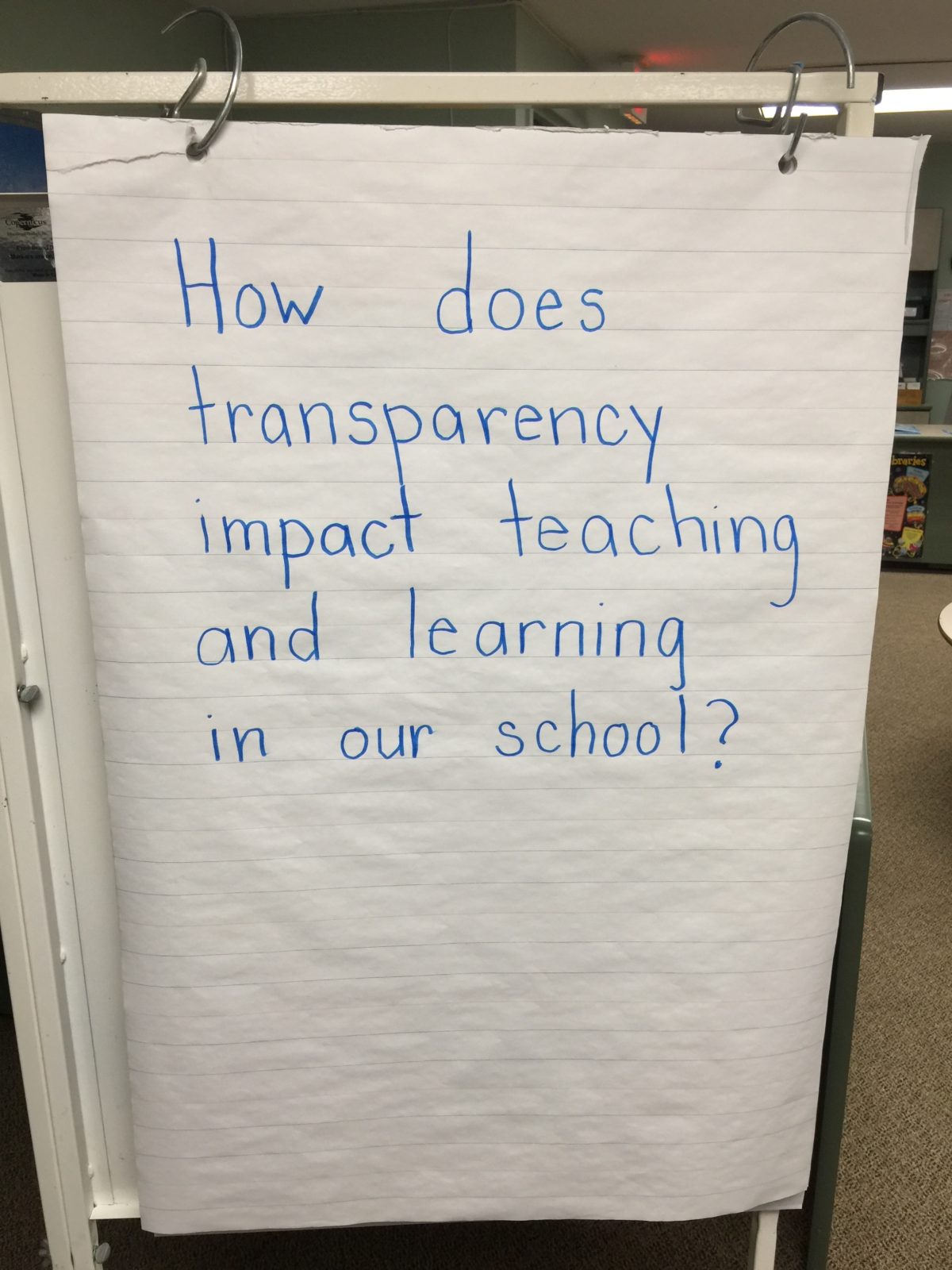

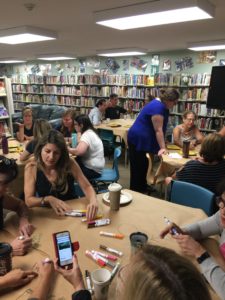
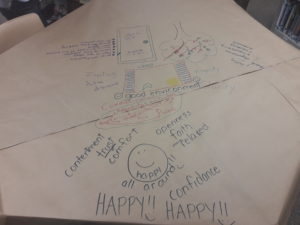
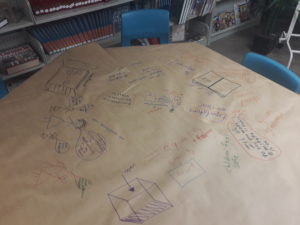
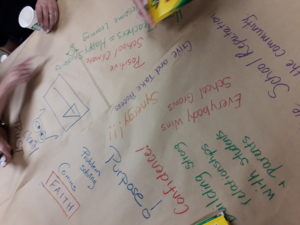
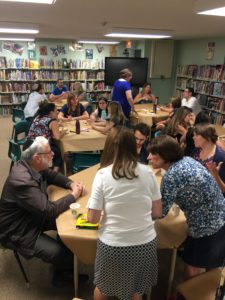
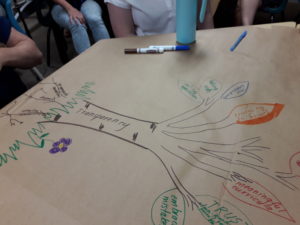
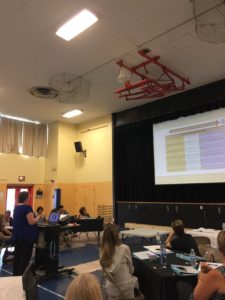
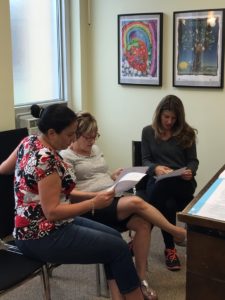
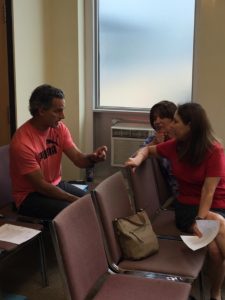
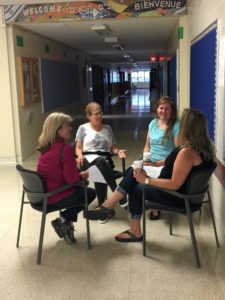
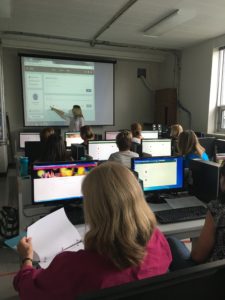
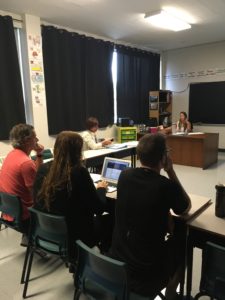
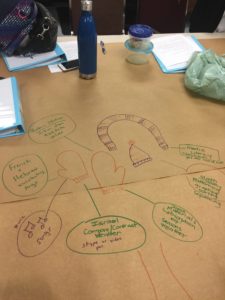
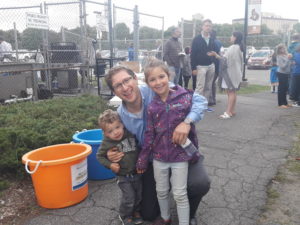
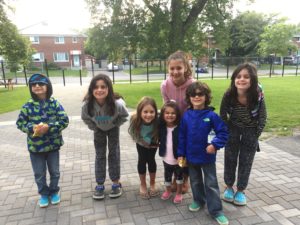
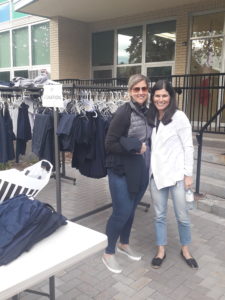
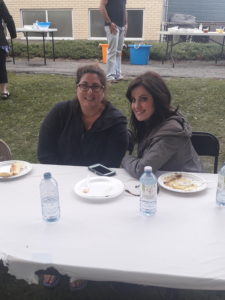

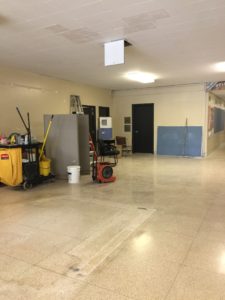

 I’ll have much more to say in the weeks and months ahead about the work, the school, and the move. We are neck-deep in emigration law and relocation logistics. I appreciate all the unintentional political jokes moving to Canada provides at this unique moment in time. I know it will be cold.
I’ll have much more to say in the weeks and months ahead about the work, the school, and the move. We are neck-deep in emigration law and relocation logistics. I appreciate all the unintentional political jokes moving to Canada provides at this unique moment in time. I know it will be cold.